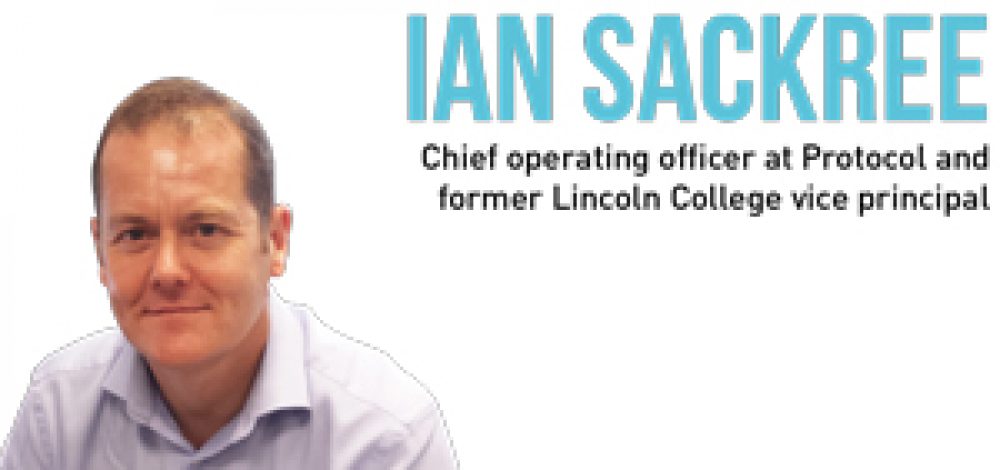Staff costs are, like all variables, a source of savings that come under review in times of austerity. Ian Sackree makes the case for strong HR leadership to offer guidance on staffing issues.
Over the years I have seen HR used well and appropriately, and I have also seen it used poorly and inappropriately to retro-fit and shoe-horn poor management decisions taken without HR advice as if they were made by HR in the first instance.
In these challenging times the latter application of what should be a strategic, business and change-enabling resource is simply foolish and wasteful. How can you avoid this bear trap and get the best out of your HR?
Firstly, while most HR directors are friendly and outgoing, do not take this easy-going persona as an excuse to by-pass their contribution. It is imperative that HR is viewed as a strategic resource and applied to each aspect of strategic problems, challenges, and change-management processes.
Times are tough, money is tight and around 70 per cent of the scarce resource each college receives goes out monthly on pay and people.
Therefore, ensure that the HR director is never far away from the ‘top table’ and is ‘in at the beginning’ of a good idea or proposed problem-solving solution.
HR managers should challenge staff utilisation — but don’t keep ‘bashing’ the lecturers who generally account for only one-third of the wage bill
At this time more people are exiting the sector than joining it, a sad reality of reduced real-time funding.
Notwithstanding, each person’s exit must be handled correctly to avoid a legal, and expensive backwash.
Don’t let managers who ‘know a bit’ about HR lead on this; use the experts because that’s why you employ them. On the converse, where recruitment is taking place each lecturer computes to an annual recurring £50k investment, senior managers up to £100k per annum (or more) so commit at least as much time to each appointment as you would to spending the equivalent money on non-pay.
You would not renew the college vehicle fleet after a 30-minute interview, so don’t slack when it comes to assuring that new recruits are the very best available. Use HR to fully validate the credentials and skills set of anyone you allow to join your organisation, and don’t be afraid to make it challenging to get in.
A good HR director will provide strong, yet appropriate challenge to ensure that the organisation is following the important rules (not the less important rules), and using its resources well.
My advice is to accept, and support that challenge across the college. Pay costs measured against total income must be pushed downwards to 60 per cent, a repetitive annual task if income is falling year-on-year.
HR managers should challenge staff utilisation — but don’t keep ‘bashing’ the lecturers who generally account for only one-third of the wage bill.
Deploy your HR Task Force across the college to find and resolve waste, because it is out there. In many high-performing colleges HR directors work very closely with finance directors in a collaborative way. Good cop, bad cop (you decide) but regardless of who is who, this approach should be encouraged. Get ‘money’ and ‘people’ right and the rest follows.
The sector has had many back-to-back difficult years and staff tensions are often high and stress can be rife. In tightening times avoid temptation to cut your people-related HR horsepower.
Never before has it been so important to do the HR-basics well, focussing on good employee and union relationships, morale (a leadership thing), managing attendance and ensuring that in the absence of pay awards the organisation does everything to respect, motivate, develop and recognise high performers who have decided to stick around.
In summary, a well-resourced HR function led by a skilled, forward thinking HR director is essential.
Your HR director must be many things to many people in order to do their job well, but one thing they should never be is left in the corner as an observer in this kinetic and frenetic time.
Use them as the strategic enablers that they are and your organisation will reap the benefits.









Your thoughts